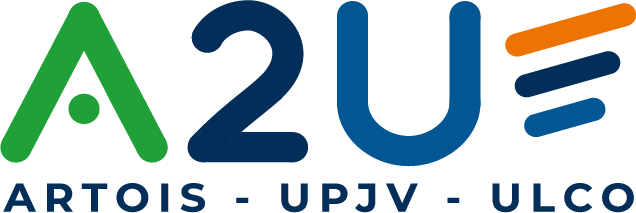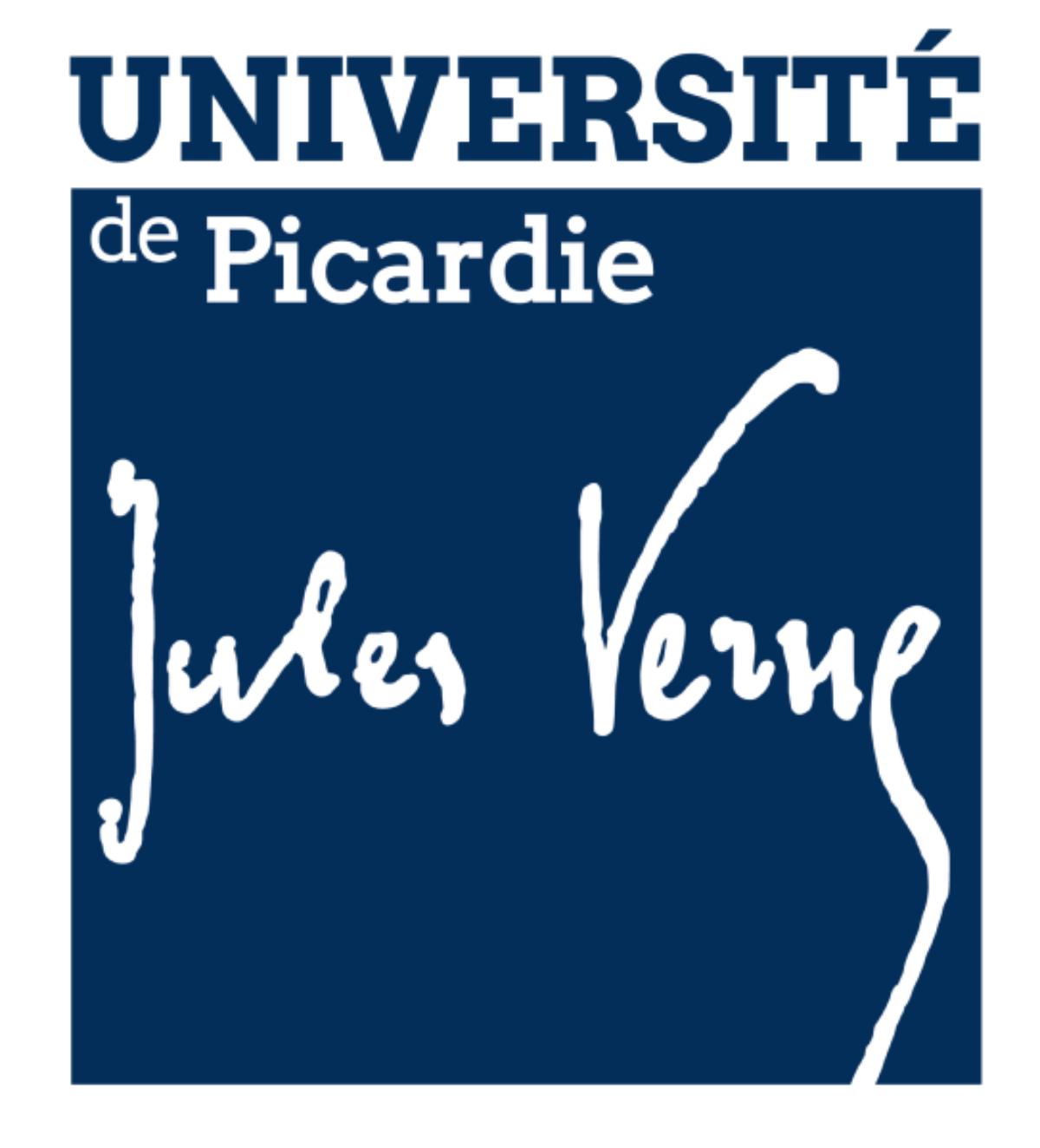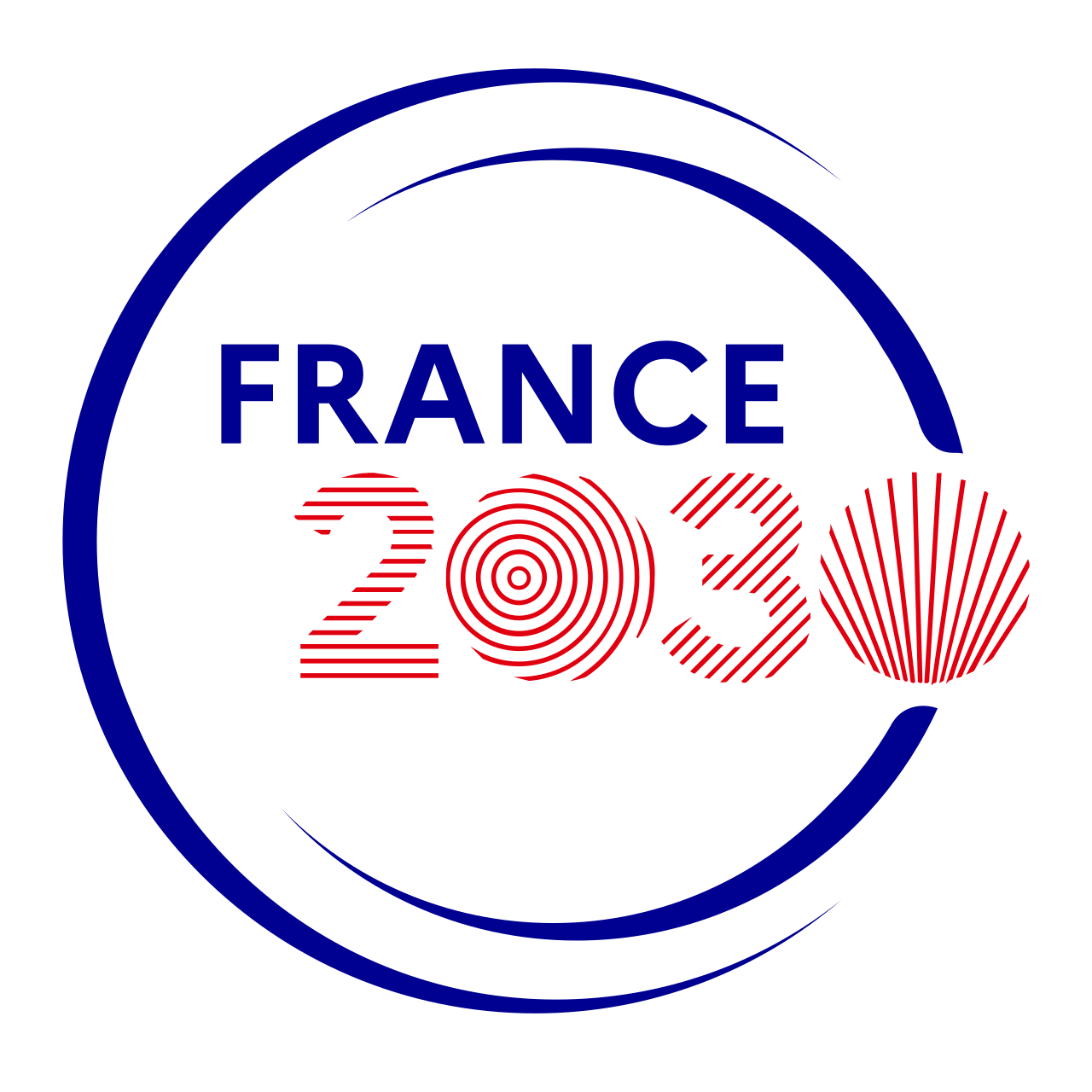PhD 2023
In 2023, the MAIA project co-financed 5 Phd.
Subject: Development of a critical progression detection system in hospitalized patients
Supervisor(s) : Pierre Marquis Karim Tobia Romain Wallon
Host laboratory(ies):
- Cril - University of Artois
- CHA
Summary: The proposed thesis aims to set up a monitoring system making it possible to trigger alerts intended for caregivers based on the analysis of parameters measured on a recurring basis in patients, during their hospital care. These are biological, physiological and medical device parameters. The analysis of patient data or parameters is desired in continuous time upon their admission to the hospital. The alerts will be related to anomalies in patient data (biological/physiological/medical devices) threatening the vital prognosis. The main issues will be:
- the interoperability of information systems in order to centralize patient data (biological/physiological/medical devices) and analyze them jointly;
- selection of parameters to analyze and values that can trigger an alert;
- the selection of hospital care pathways (care services) during which the system will apply monitoring;
- the definition of a severity index and a reliability index for an alert;
- the selection of the recipient(s) of the alerts and the transmission of the alert itself using a suitable channel.
The planned surveillance system will rely on artificial intelligence methods (machine learning and explainable AI).
Subject: Prediction and optimization of heterogeneities in the operation of battery electrodes using artificial intelligence
Supervisor(s) : Jean Marie Lagniez Alexandro Franco
Host laboratory(ies):
- CRIL - University of Artois
- LRCS - University of Picardy Jules Vernes
Summary:
Subject: Generative deep learning models for hyperspectral image emulation. Application to remote sensing.
Supervisor(s) : Claire Guilloteau Gilles Roussel
Host laboratory(ies):
- LISIC - University of Littoral Côte d’Opale
- LOG
Summary: Robust generation of high-fidelity data is an essential component of the analysis of large datasets in many application areas, both for creating synthetic data catalogs in anticipation of future observations and for inference of parameters from observations. This type of task requires, most of the time, the use of very expensive numerical simulations. With the recent development of machine learning algorithms, fast emulators using deep learning techniques like generative models have emerged to enable high-accuracy predictions. However, these emulators are limited in the literature to the generation of spectra or monochromatic images. However, the recent appearance of hyperspectral imaging has allowed a more complete description of the observed scene, in spatial and spectral dimensions. This thesis work aims to develop hyperspectral image emulators based on generative deep learning models, such as variational autoencoders and generative adversarial networks, among others. Such emulators will be trained to generate satellite Earth observation images based on a certain number of physical observation parameters and from a simulated learning base. Particular emphasis will be placed on meticulously validating the performance of these emulation models, using first-order metrics as well as higher-order methods.
Subject: Post-operative robotic surgery data for the characterization and avoidance of critical situations.
Supervisor(s) : Gilles Dequen
Host laboratory(ies):
- MIS - University of Picardy Jules Vernes
- GRECO
Summary: DOCILE is a project falling within the e-Health axis, carried out in partnership with the GRECO and financed by the Hauts-de-France region and the MAIA project (Mastering the Applications of Artificial Intelligence). The DOCILE project notably mobilizes aid decision-making in the context of surgical operations under robotic assistance. A example of a concrete case to rely on is a spinal operation during which the surgeon will place screws on the column, and an example of a situation critical in this scenario would be the shifting of the screw. Based on learning from robotic logs resulting from similar interventions, the DOCILE project tends to offer planning scenarios for the placement of implants on the spine, but also to identify risk factors or even proposing different solutions to avoid them. A generalization of this method to other orthopedic cases can be considered.
Subject: Artificially intelligent socio-psychological interventions.
Supervisor(s) : Gabor Orosz Gilles Audemard
Host laboratory(ies):
- UREPSSS - SHERPAS - University of Artois
- CRIL - University of Artois
Summary: The scientific proposal aims to improve academic results with psycho-social interventions. The candidate would like to target vulnerable students, that is to say those in a situation of failure or dropping out. It is based on an innovative, interventional, multidisciplinary design (psychology and computer science) presenting scientific guarantees of results.
The combined use of psycho-social interventions with artificial intelligence methods represents not only a theoretical and applied opportunity, but also the possibility of creating new generation brief psychosocial interventions whose foundations have already proven themselves. These interventions are particularly effective with vulnerable students, considered at risk in terms of academic performance and dropping out of school.





